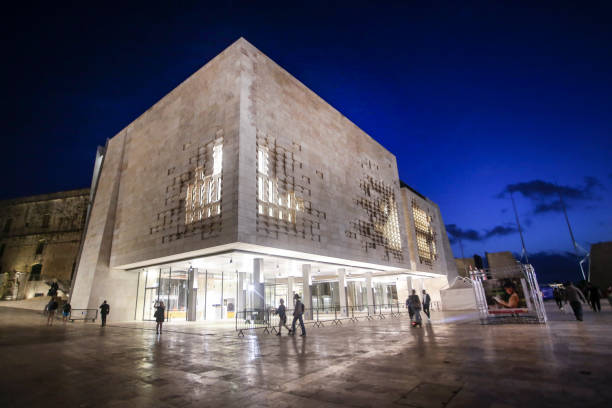The Right of Peaceful Enjoyment in Malta: A Legal Perspective
The right of peaceful enjoyment of property is a fundamental principle enshrined in both Maltese law and international human rights instruments. This right ensures that individuals can use and enjoy their property without undue interference.
In Malta, this right is protected under various legal frameworks, including the Constitution of Malta and the European Convention on Human Rights (ECHR). This article explores the scope, legal basis, and enforcement of the right of peaceful enjoyment in Malta.
Legal Basis
Constitution of Malta
The Constitution of Malta, the supreme law of the land, safeguards the right to property. Article 37 specifically addresses the protection from deprivation of property without compensation. While it does not explicitly mention the right of peaceful enjoyment, this principle is inherent in the broader protection of property rights.
European Convention on Human Rights (ECHR)
Malta is a signatory to the ECHR, which further reinforces property rights. Article 1 of Protocol No. 1 to the ECHR explicitly guarantees the right to peaceful enjoyment of possessions, stating: “Every natural or legal person is entitled to the peaceful enjoyment of his possessions.” This provision is directly applicable in Malta and is enforceable through the Maltese courts and the European Court of Human Rights.
Scope of the Right
The right of peaceful enjoyment encompasses various aspects, including:
- Ownership: The right to own property without arbitrary interference.
- Use: The ability to use and exploit property as the owner sees fit, within the limits of the law.
- Protection from Unlawful Interference: Shielding property from unlawful encroachments or disturbances by others, including state authorities.
- Compensation for Deprivation: The right to fair compensation if the property is expropriated for public use.
Legal Protections and Enforcement
Civil Code
The Maltese Civil Code (Chapter 16 of the Laws of Malta) provides comprehensive protections for property rights. It outlines the rights and duties of property owners and includes provisions to address unlawful interference and nuisance. Property owners can seek remedies through the courts if their right to peaceful enjoyment is violated.
Environmental and Planning Laws
Maltese environmental and planning laws also play a crucial role in protecting the right of peaceful enjoyment. The Development Planning Act and the Environment Protection Act regulate land use and development, ensuring that activities do not unduly interfere with the property rights of others. These laws provide mechanisms for addressing grievances related to environmental nuisances and planning disputes.
Judicial Remedies
Individuals whose right to peaceful enjoyment has been infringed can seek judicial remedies through the Maltese courts. The primary remedies include:
- Injunctions: Court orders to prevent or stop unlawful interference with property.
- Damages: Compensation for any loss or damage suffered due to the violation of property rights.
- Restitution: Restoring the property to its original state before the interference occurred.
European Court of Human Rights
In cases where domestic remedies are exhausted or ineffective, individuals can bring their case before the European Court of Human Rights. The Court has jurisdiction to hear complaints regarding violations of the ECHR, including the right to peaceful enjoyment of property.
Practical Considerations
While the legal framework provides robust protections, practical challenges can arise. For instance, balancing the right of peaceful enjoyment with public interest considerations, such as development projects or environmental regulations, can lead to conflicts. The courts often play a pivotal role in resolving these disputes, ensuring that the rights of property owners are upheld while considering broader societal interests.
Conclusion
The right of peaceful enjoyment of property is a cornerstone of property law in Malta, safeguarded by both national and international legal frameworks. This right ensures that individuals can use and enjoy their property without undue interference, contributing to a stable and predictable legal environment. Through the Maltese courts and the European Court of Human Rights, individuals have access to effective remedies to protect their property rights. As Malta continues to develop, maintaining a balance between individual property rights and public interests will remain a key challenge for lawmakers and the judiciary.







